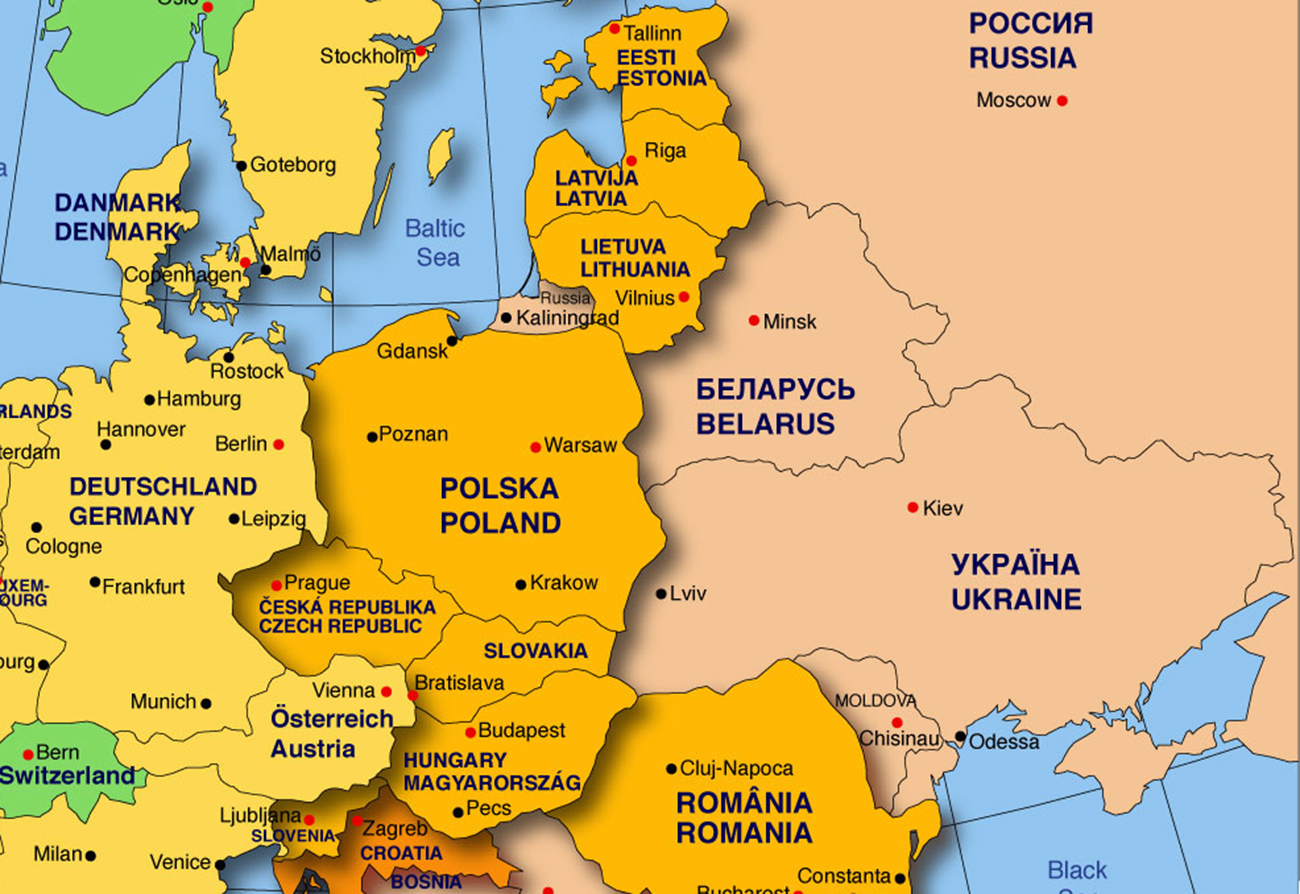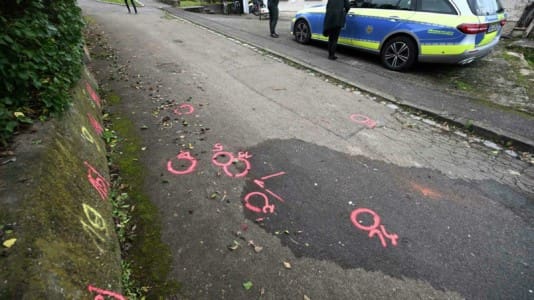To the east of its borders, Poland is considered a regional power, and no matter how much this angers the opposition’s supporters, it is hard to argue with this reality.
On all Ukrainian war fronts, I have heard such positive opinions about the Polish armed forces, as if I had come there straight from the office of Józef Piłsudski or with a pass from Jan III Sobieski, two of the greatest Polish leaders of all time.
One mayor near Bakhmut nodded his head while saying the Polish army is the second force in the NATO. I did not attempt to prove him wrong. Another officer waxed lyrical over Polish President Andrzej Duda, while one colonel stressed multiple times that he wants the article about him to note his sympathy for Law and Justice’s (PiS) government and for the Polish president.
Following the explosion of a missile in Przewodów, Ukrainians were excited not because they wanted to drag us into the war but because Ukrainians consider Poland to be such a great power that they envisage the Polish army marching — I am not joking — on Moscow.
“When will the Polish Uhlan fight side by side with the Polish Cossack?” one soldier asked me near Kherson. Pretty, romantic, and rather unrealistic.
However, Poland as a country of economic success, and political and military might, is without a doubt the most primary image not only in the countries of the former Polish-Lithuanian Commonwealth, but also in Russia. Moscow threatens Poland, organizing disinformation campaigns that paradoxically portray Poland as both a U.S. puppet and a sleeping giant.
Sergey Naryshkin, the director of Russia’s foreign intelligence service, often undervalued by experts, gave the official direction to Russia’s narrative. A couple of days ago he “informed” the media that “President Andrzej Duda instructed relevant departments to immediately prepare the official justification of Polish claims to western Ukraine,” according to RIA Novosti.
In a word, according to Muscovites, Poland will soon enter western Ukraine with its strong army to annex it. Russian commentators link this theory to the tragic incident in Przewodów, claiming that our country will take three Ukrainian regions “at the cost of a tractor that was destroyed during the provocation in Przewodów.” And by the way, the Kremlin’s propaganda does not mention the human loss caused by the explosion because, you know, who cares about the human life, a tractor is more valuable!
There is no need to write about the Baltic states and their perspective on security; the defense of the Suwałki Gap is crucial for the three states’ independence, and, for instance, their skies are guarded by Polish aircraft.
The military procurement by Poland’s Defense Minister Mariusz Błaszczak is so spectacular that even the opposition is overwhelmed by its sheer scale, so it criticizes the cost and announces controls and audits, but does not deny its impressive size.
Poland’s image in eastern Europe, the image resulting from political will and modernization, and most of all from the strengthening of its military, is undoubtedly the success of Warsaw. Let us not stop here: By establishing institutions, foundations, associations, and media for our friends between the Baltic and the Black Sea, Poland should turn this success into more political wins.






